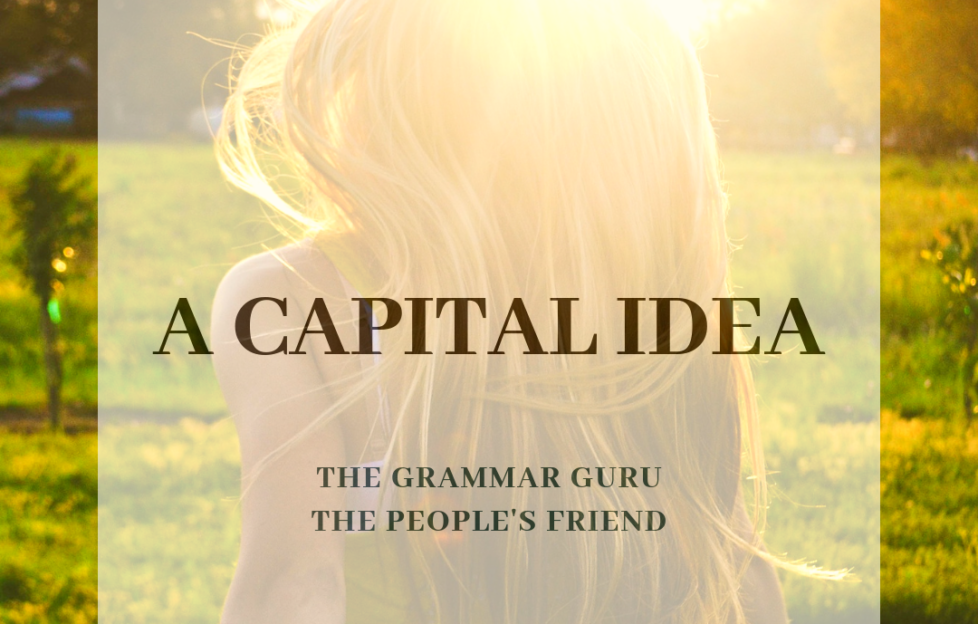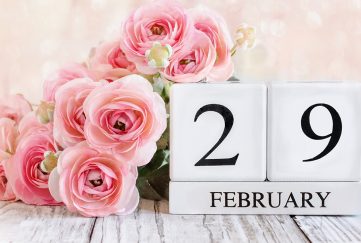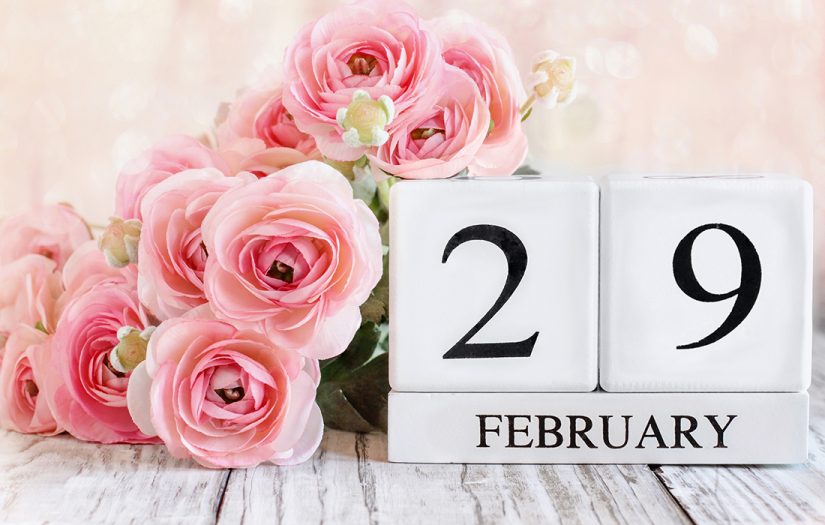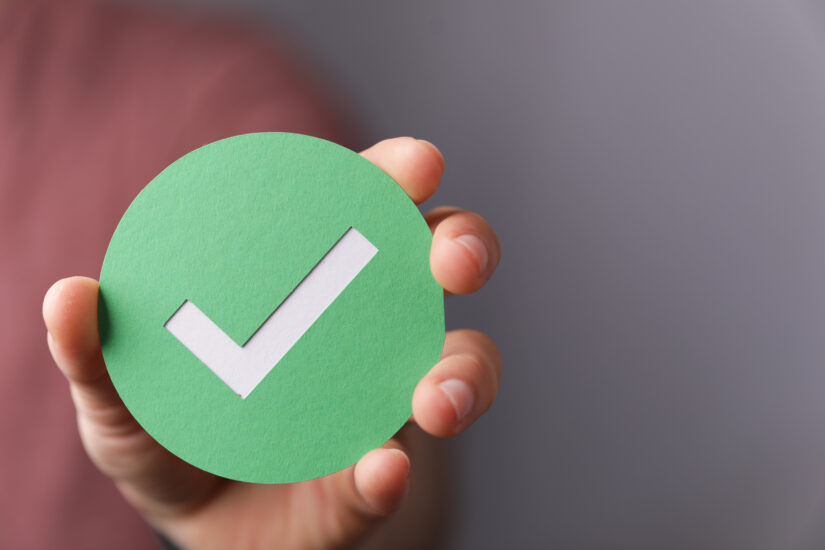Grammar Guru: Considering Capitalisation

In this week’s Grammar Guru, we’re tackling a frequent — although, if we’re honest, forgivable — error that creeps in to features and stories submitted to us here at the “Friend”.
Capitalisation. It seems impossible that this would trip you up, doesn’t it? It’s one of the first things you learn about at school. Always capitalise proper nouns, acronyms, the beginning of a sentence.
But a recent conversation in the office had us scratching our heads.
What about instances where a proper noun forms part of a phrase?
Dog breeds
Let’s consider man’s best friend.
We wouldn’t normally capitalise words like “horse” or “dog”, so why might a breed be different?
The answer is: breeds can contain proper nouns.
“Meet my dachshund, Dave.”
This example is correct, because “dachshund” is not a proper noun.
“This is my Labrador, Larry.”
This is also correct, because the breed is named for the province in Canada.
So, with that cleared up, here’s another one we were poring over: what happens when a proper noun becomes a verb?
How did we the Grammar Guru ever search for things before?
The most obvious example of this concerns the tech giant Google.
It is known first and foremost as a search engine, but you won’t find many people using phrases like “I’ll search for that with Google”.
Instead, it’s much more common to say: “I’ll Google it.”
But should that be “google it”?
There’s no real consensus on this, as it happens. Here at the “Friend”, however, we still consider the act of “Googling” to be related to the trademark/company name “Google”.
Therefore, we would always capitalise. We would also do the same with Bing, if anyone actually used it.
For more from the Grammar Guru, click the tag below.
We have all sorts of hints, tips, tricks and advice on our Writing Tools page. Click here to start sharpening your writing today.











